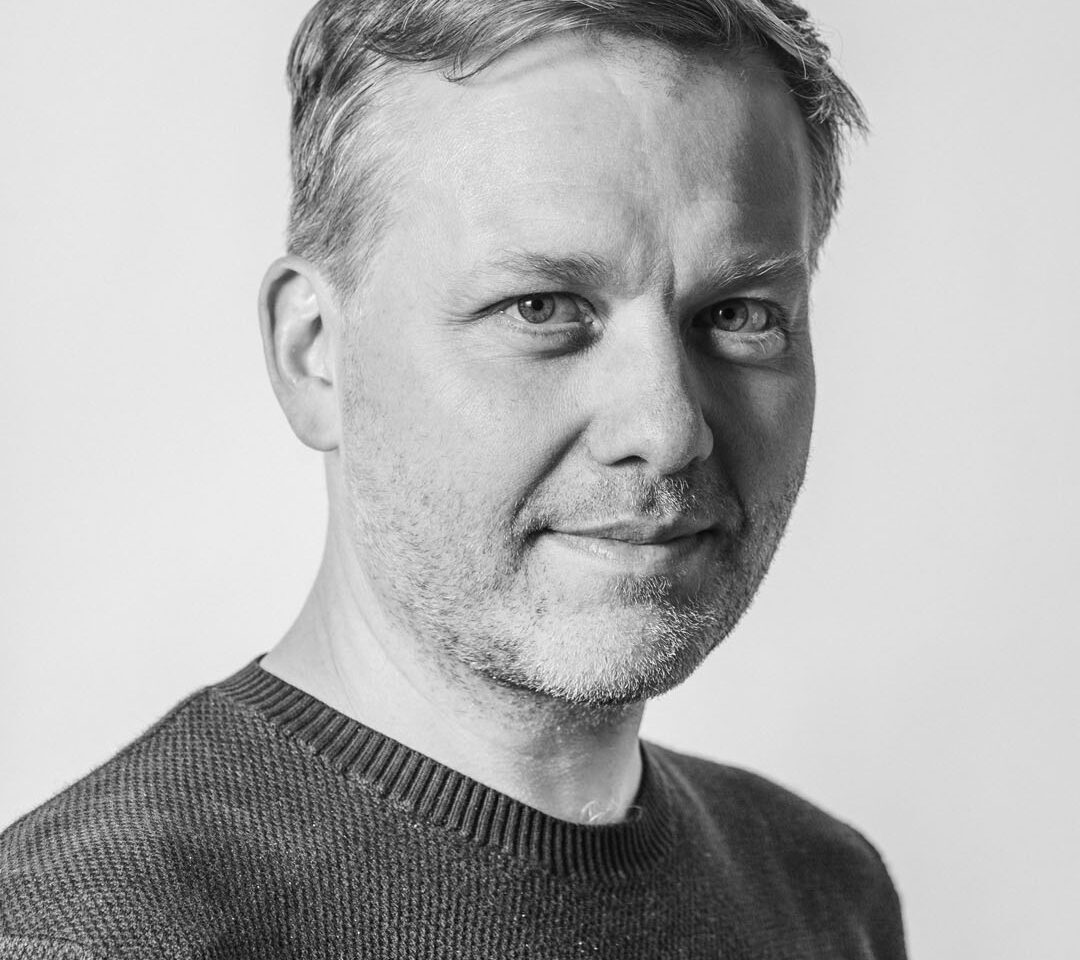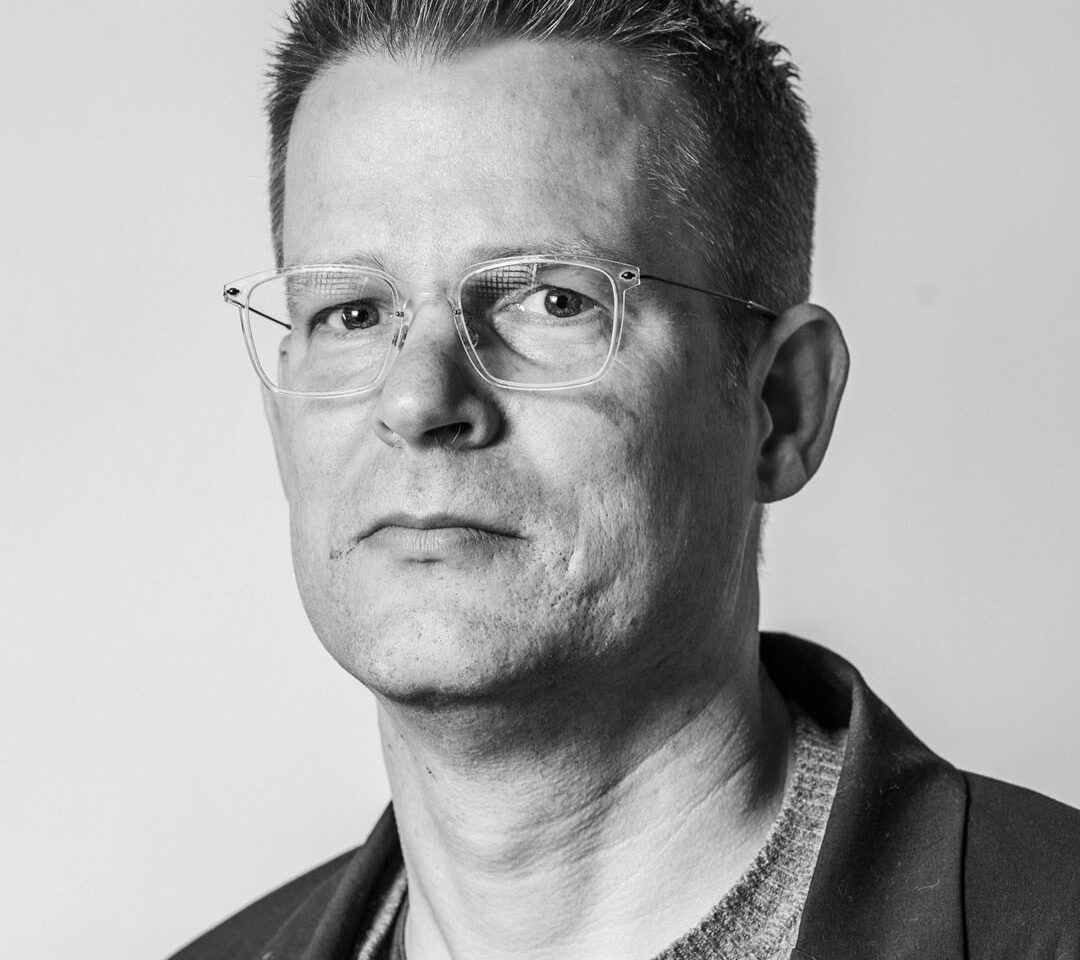Interoperability is one of the original design principles underpinning the internet, and largely responsible for its scale and unique properties. In recent years, it has also been increasingly seen as a policy measure that can introduce greater market competition and user choice. Important and contentious interoperability proposals are included in key European digital regulations, including the Digital Markets Act and the Data Act.
In this context, we propose to treat interoperability not just as a competition measure, but also as a policy principle that supports the creation of new ecosystems, with a stronger role of public and civic actors.
This report builds on our earlier work on a ‘Shared Digital Europe’, a new frame for digital policymaking in the EU. It has been designed in order to support a more equitable and democratic digital environment, functioning beyond the market logic.
It is based on an investigation of the role that interoperability can play in a transformation of the digital environment so that public and civic spaces are more prominent online. The research led to finding a new conceptualization of the principle: generative interoperability as a positive norm that is the foundation for an open online ecosystem, and part of a larger approach to building more democratic digital spaces.
Generative Interoperability: Building public and civic spaces online is a collaborative effort between Open Future and Commons Network, developed with the support of Nesta and the Next Generation Internet program.
In writing this report, we benefited from the knowledge and experience of many experts, who approach the concept of interoperability from a range of perspectives and practical experiences.
As part of our research, we conducted interviews with: Aik van Eemeren, Boris van Hoytema, Geert Jan Boogaerts, Jaromil, Jan-Hendrik Passoth, natacha roussel, Nathan Schneider, Mai Ishikawa Sutton.
Bartosz Paszcza contributed with research on mandated and generative interoperability.
We are also grateful to Kasia Fantoni, Matthijs Goense, Jens Kimmel and Francesco Vogelezang for their feedback on draft versions of this report.







